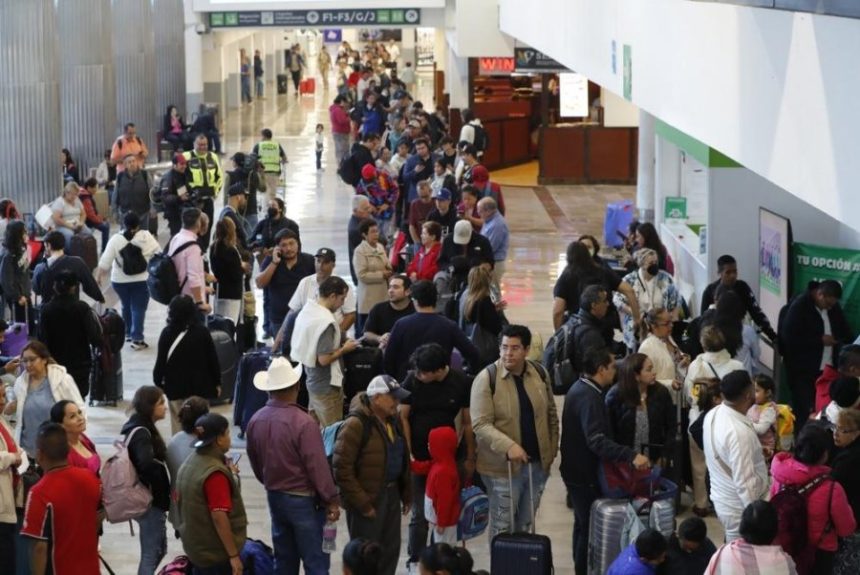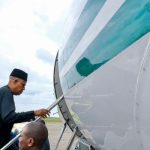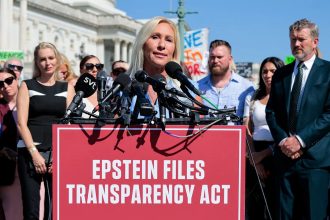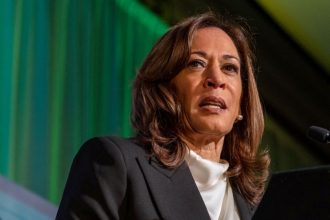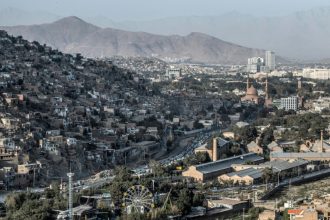Nov. 19 (UPI) — The Mexican government announced that Mexican airlines will hand over some of their slots at Mexico City International Airport to U.S. carriers in an effort to lift route suspensions imposed by the Trump administration over what it called abuses of the 2015 bilateral aviation agreement.
President Claudia Sheinbaum confirmed that the redistribution already has been completed and includes slots assigned to Mexicana de Aviación, as well as private operators.
Although she did not specify how many schedules were changed, the president said the process was carried out “within a framework of competitiveness” after direct talks with U.S. authorities.
Two weeks ago, the U.S. Department of Transportation revoked authorization for more than a dozen scheduled flights between Mexico and U.S. cities.
The order, signed Oct. 28 by Transportation Secretary Sean Duffy, argued that Mexico violated the bilateral agreement by imposing schedule restrictions at Mexico City International and forcing U.S. cargo operations to move to Felipe Ángeles International Airport.
Duffy accused the Mexican government of “ongoing abuse” of the agreement since 2022 and said the decision to suspend routes reflects the “America First” policy promoted by President Donald Trump.
The action halted operations by Aeroméxico, Volaris and Viva Aerobús, including flights from Felipe Ángeles International to Texas cities Houston, McAllen and Austin and Denver and Los Angeles, as well as routes from Mexico City International to Newark, N.J., and San Juan, Puerto Rico.
The DOT said the resuction in slots at Mexico City International from 61 to 44 per hour had hurt U.S. carriers by limiting operating capacity and creating uncertainty over how schedules are managed at the airport.
It also argued that Mexico had not adopted international standards for slot allocation, which affects competition.
Sheinbaum said Mexico is working on a digital scheduling system that will begin next year and allow for a more balanced distribution. She added that the goal is for both airports to function as part of an integrated aviation system.
Sheinbaum also met with cargo operators to review customs procedures and operational needs.
The dispute remains unresolved, as both governments seek a solution that would restore the suspended flights and prevent further disruptions in one of the busiest air corridors in the hemisphere.


